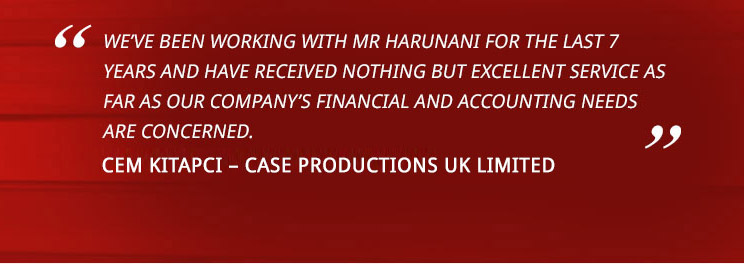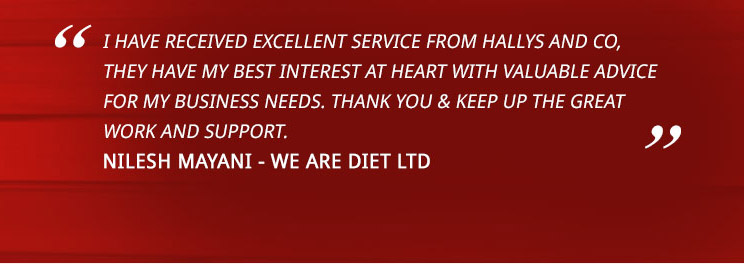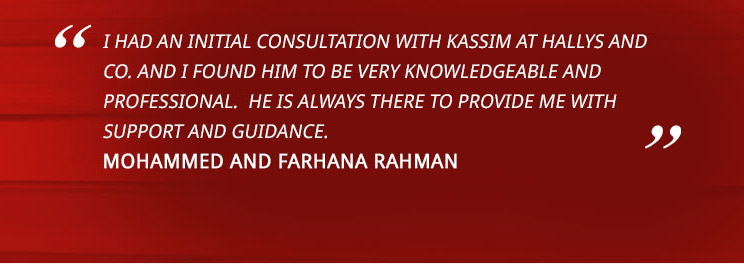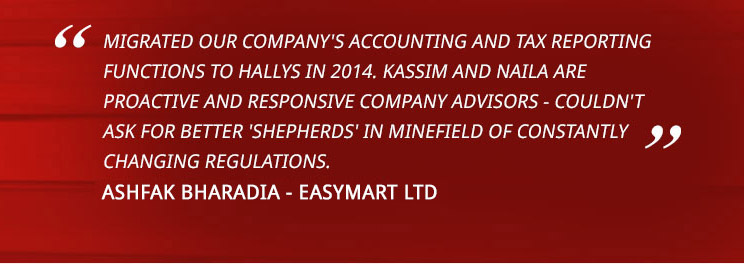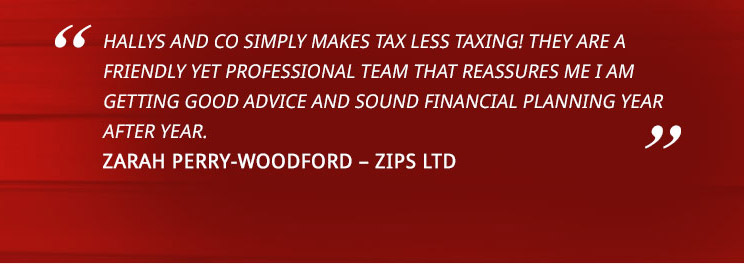As we have previously reported on this blog, HMRC will no longer accept payment of tax using a personal credit card. Also, payments cannot be made at the Post Office. The remaining options are to make payment by:
- A personal debit card,
- A business credit card,
- Bank transfer/online banking,
- Taking a payment slip to your bank or building society with a cheque made payable to HMRC and quoting the correct reference,
- Setting up a direct debit with HMRC,
- Sending a cheque to HMRC with a payment slip,
- By adjusting your tax code to recover the tax due. There are limitations to the use of this method.
You could set up a Budget Plan with HMRC to make regular payments in advance; unlikely to be a favoured option, and if cash flow is an issue, you might be able to pay off arrears by instalments. To do this you will need to contact HMRC and agree a plan. They will need to know:
- your reference number (for example, your 10-digit unique taxpayer reference or VAT reference number)
- the amount of the tax bill you’re finding it difficult to pay and the reasons why
- what you’ve done to try to get the money to pay the bill
- how much you can pay immediately and how long you may need to pay the rest
- your bank account details
They will also ask you about:
- your income and expenditure
- your assets, like savings and investments
- what you’re doing to get your tax payments back in order
HMRC will use this information to decide whether you should be able to pay immediately, or if you can’t, whether you’ll be able to get your payments back on track with more time.
You should also be prepared to be asked more in-depth questions if you’ve been given more time to pay before. In more complex cases HMRC may ask for evidence before they decide.



